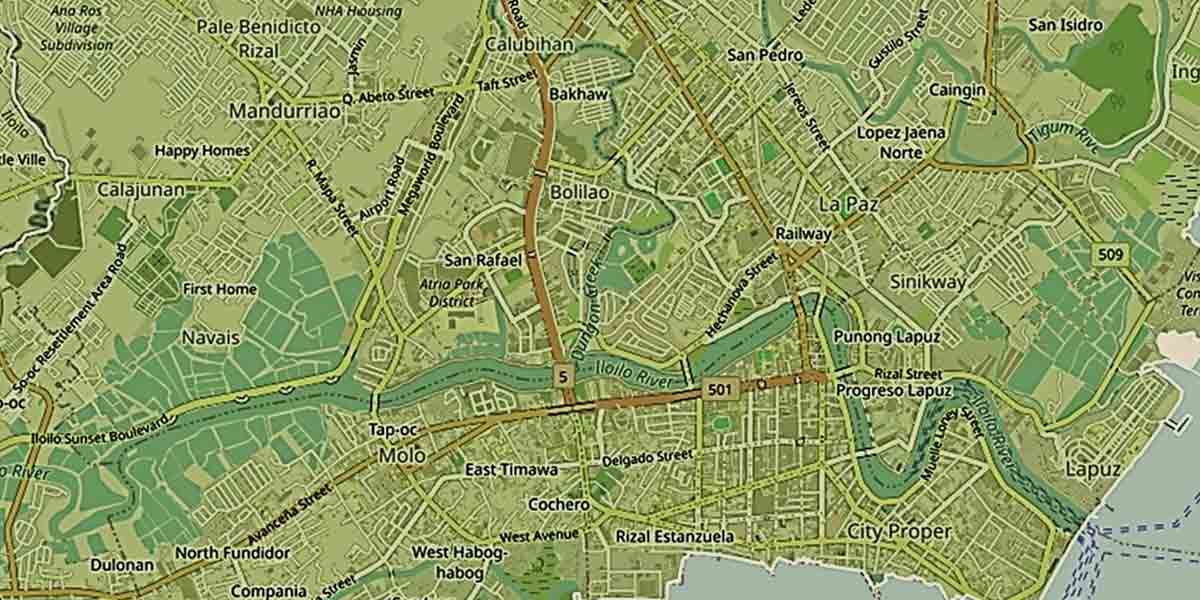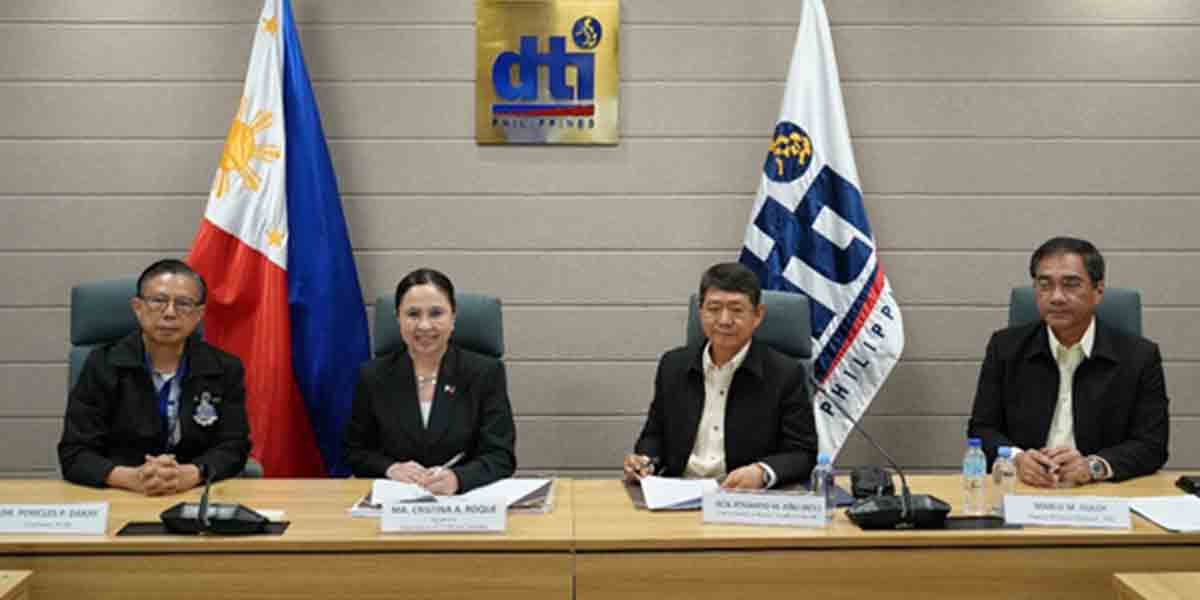The Marcos Jr. administration has successfully maintained inflation within target levels in 2024, protecting Filipino households from rising food prices despite challenges like typhoons and El Niño.
The inflation rate averaged 3.2% year-to-date, aligning with the Development Budget Coordination Committee’s (DBCC) target of 3.1% to 3.3%. This marked a significant drop from 6% in 2023.
“Isa sa pinakamagandang balita sa 2024 ang matagumpay na pagbaba ng inflation,” Finance Secretary Ralph G. Recto said.
He credited government-wide initiatives that ensured food security and allowed the Bangko Sentral ng Pilipinas (BSP) to reduce interest rates twice, helping spur economic growth.
To address rice inflation—one of the key contributors since September 2023—the government implemented short-term tariff adjustments. President Ferdinand Marcos Jr. issued Executive Order No. 62, reducing the rice import tariff from 35% to 15%.
The measure, implemented in July, brought rice inflation down to 5.1% in November from 22.5% in June. In Metro Manila, the price of imported rice fell by PHP 3.66 per kilogram during the second half of November.
This decline eased the financial burden on vulnerable households. For the bottom 30% income group, headline inflation dropped to 2.9% in November from 5.8% in July.
To sustain long-term rice production, the Department of Finance (DOF) supported extending the Rice Competitiveness Enhancement Fund (RCEF) until 2031. The RCEF, with an annual PHP 30 billion allocation, aims to improve farmers’ productivity through irrigation, pest management, and support programs.
The DOF also addressed rising fuel and electricity prices. Collaborating with the Department of Energy, the government phased an increase in biodiesel blend from 2% to 3% in October 2024, with further increments planned until 2026.
To mitigate electricity hikes, the DOF recommended a 12-month staggered implementation of new natural gas base prices, reducing the immediate impact on consumers.
Additional measures included toll exemptions for agricultural trucks and targeted aid for vulnerable sectors, ensuring food price stability amidst external shocks.
Recto emphasized that these initiatives highlight a “whole-of-government” approach to keeping inflation low while supporting economic growth.





















